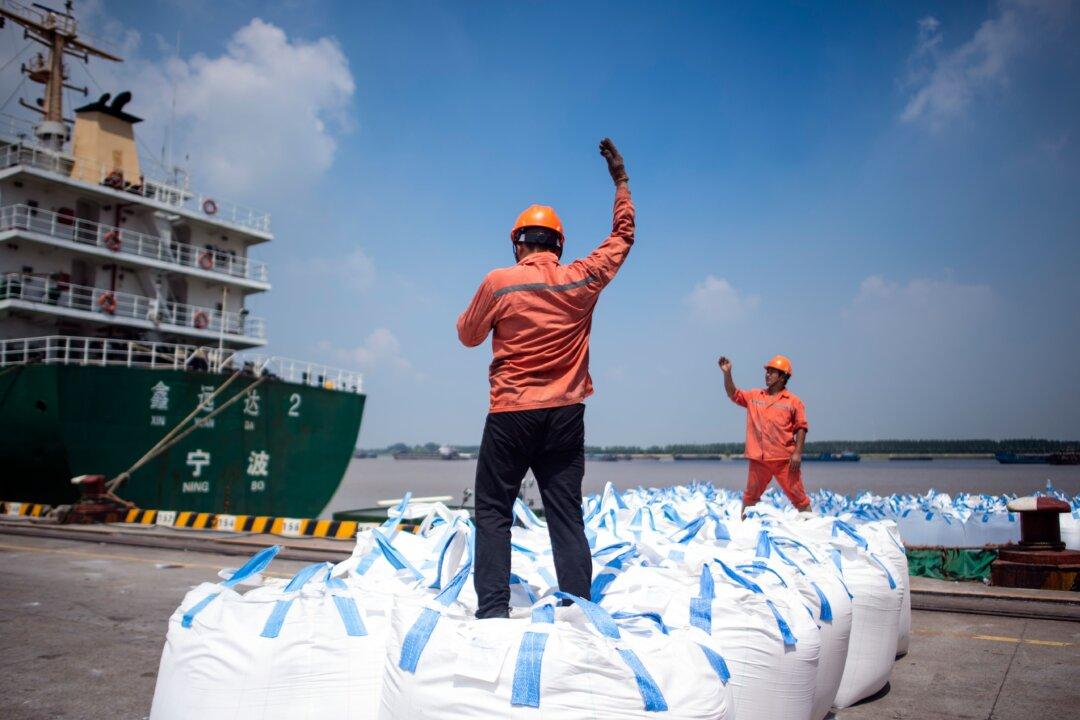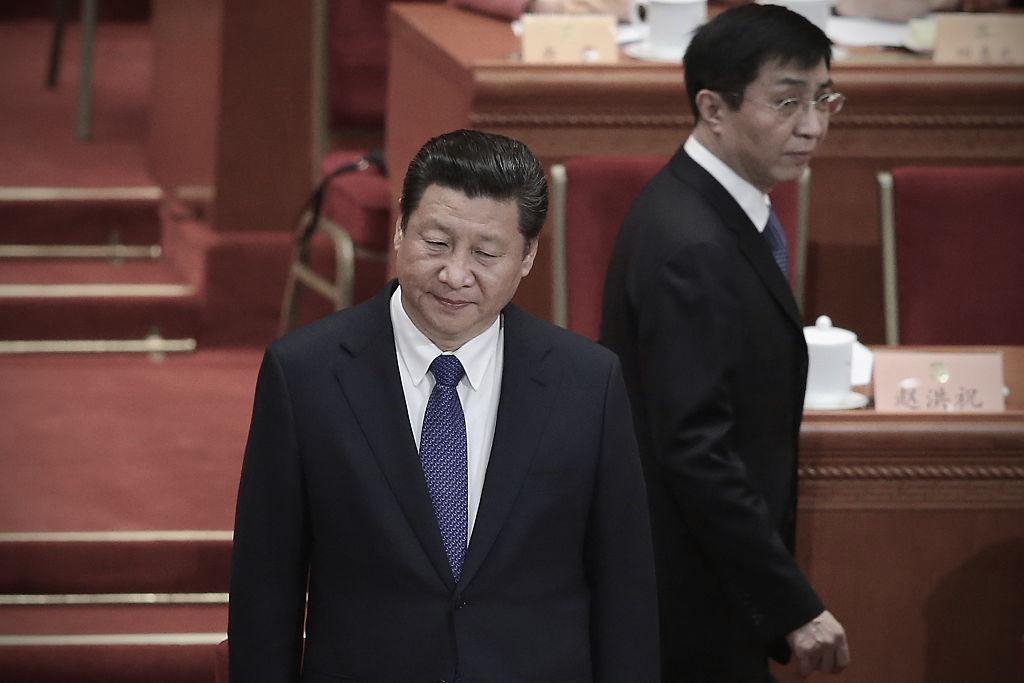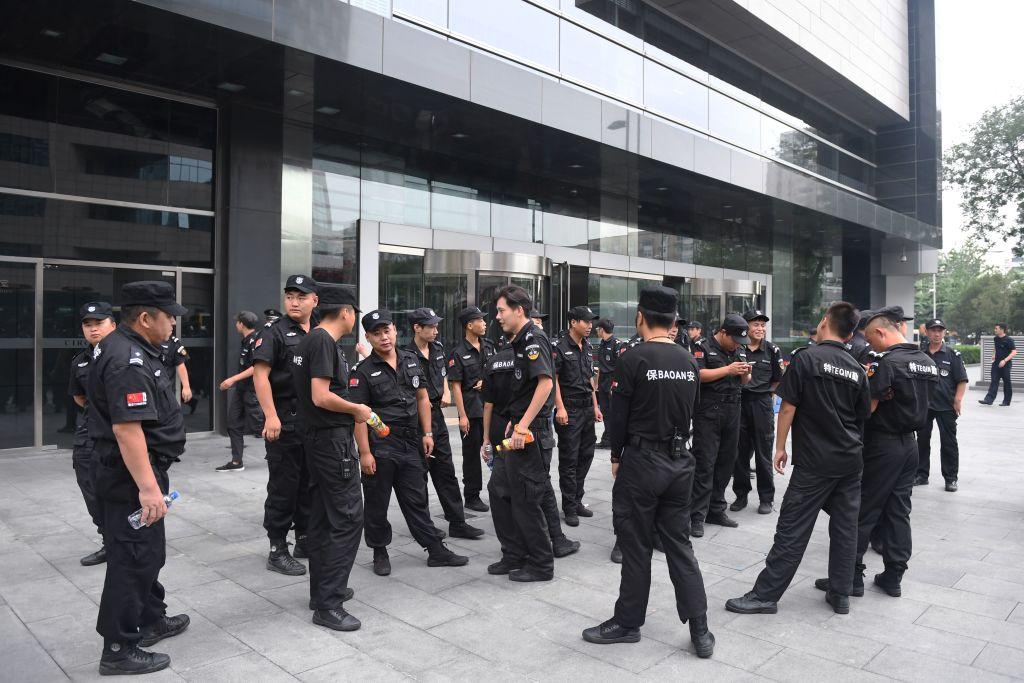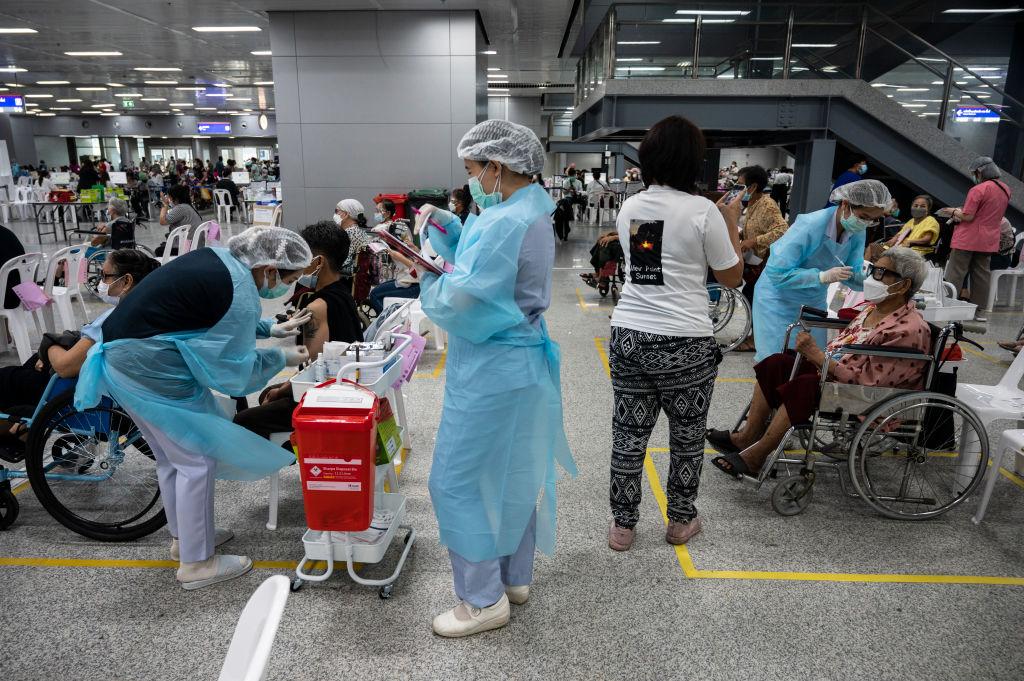With the Chinese Communist Party’s most important mouthpiece, People’s Daily, claiming that China won’t back down when faced with “external challenges,” the United States needs to find a new means to win the trade war, and may want to focus on human rights, a China expert says.
The People’s Daily published an editorial of more than 5,000 words on Sept. 11, stressing that China wouldn’t balk, even when being “suppressed” by “established countries.”




